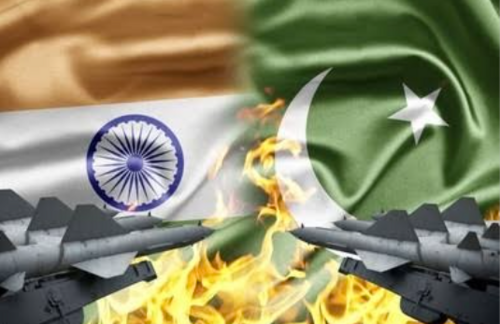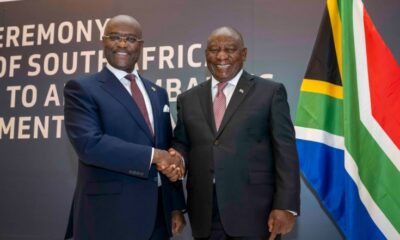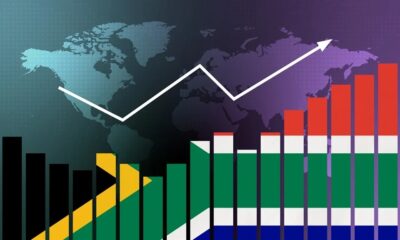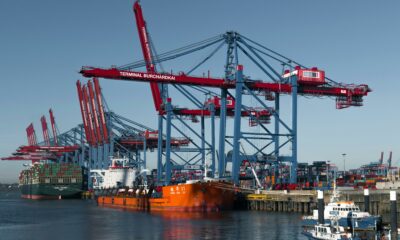Business
India-Pakistan Tensions Could Hit South Africa’s Trade and BRICS Unity

Rising military tensions between India and Pakistan have set off alarm bells well beyond South Asia, with analysts warning that the ripple effects could impact South Africa’s economy and its standing within the BRICS alliance.
Earlier this week, India’s Ministry of Defence announced Operation Sindoor, a military offensive targeting alleged terrorist camps in Pakistan and Pakistan-occupied Kashmir. This move followed a tragic attack in Pahalgam, Kashmir, on April 22, where 26 civilians lost their lives. Since the launch of the operation, Indian authorities report increased firing from Pakistan along the northern and western borders.
Although the skirmish is geographically distant, South Africa has strong trade and diplomatic ties with India, making it vulnerable to potential fallout. In 2023-24, India imported goods worth $10.54 billion from South Africa, including gold, coal briquettes, and precious stones, according to the India Brand Equity Foundation.
Professor André Thomashausen, an emeritus professor of international law at Unisa, explained that the conflict is rooted in the long-standing Kashmir dispute and compounded by recent moves from India to limit water flows from the Indus River into Pakistan. “The Shimla Treaty is essentially revoked,” he said. “With national elections approaching in India, anti-Pakistan rhetoric is being weaponized for political gain.”
Thomashausen also warned that if diplomatic mediation fails, the consequences for the global economy could be severe. “South Africa could be among the hardest hit due to its export ties to India,” he said.
University of KwaZulu-Natal political analyst Siyabonga Ntombela echoed similar concerns. “Both India and Pakistan are nuclear powers. If not contained, the situation risks spillover effects similar to the Israel-Gaza conflict,” he said. “This could disrupt global supply chains and regional stability, with direct consequences for South Africa.”
Ntombela also pointed out that tensions between two BRICS members could strain the unity of the bloc and shift its focus from economic cooperation to security concerns. “South Africa may find itself under pressure to mediate or take a stance, risking diplomatic fallout,” he added.
Dr. Zakhele Ndlovu, political science lecturer at UKZN, described the situation as deeply worrying. “The world is already dealing with the Russia-Ukraine war and Middle East conflict. A third major confrontation, especially between two nuclear-armed nations, would be disastrous for global peace,” he warned.
Economist Professor Waldo Krugell from North-West University offered a more tempered view, noting that while India is a significant trade partner, the current tensions may not immediately disrupt South Africa’s economy unless the conflict escalates or draws in global powers like China. “Exports to India were around $10.6 billion in 2023, largely in gold and coal. Imports included refined petroleum and vehicles,” he said. “Unless the situation worsens significantly, trade may not be hit hard in the short term.”
Still, the potential for escalation remains a serious concern. With geopolitical flashpoints multiplying, any further instability in Asia could reverberate globally—especially for countries like South Africa that are economically tied to the region and invested in BRICS unity.
As the world watches, South Africa’s leaders may soon need to balance diplomacy with pragmatism, ensuring national interests remain protected while avoiding entanglement in a dangerous geopolitical standoff.
{Source: IOL}
Follow Joburg ETC on Facebook, Twitter , TikTok and Instagram
For more News in Johannesburg, visit joburgetc.com


























